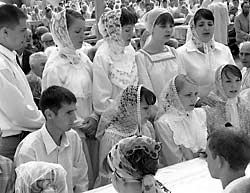14 thoughts on “ Definition of the Meaning of…The most Common 100 Idioms and Phrases in English ”
My private tragedy, which cannot, and indeed should not, be anybody’s concern, is that I had to abandon my natural idiom, my untrammeled, rich, and infinitely docile Russian tongue for a second-rate brand of English, devoid of any of those apparatuses — the baffling mirror, the black velvet backdrop, the implied associations and traditions


Conjugation of the Russian verb любить/полюбить. English translation: to love; to like; to be fond of. Conjugations in all aspects, past, future, and …

Detailed plot synopsis of Shakespeare’s Love’s Labour’s Lost, from your trusted Shakespeare source.
This list is meant to assist, not intimidate. Use it as a touchstone for important concepts and vocabulary that we will cover during the term.
This webpage is for Dr. Wheeler’s literature students, and it offers introductory survey information concerning the literature of classical China, classical Rome, classical Greece, the Bible as Literature, medieval literature, Renaissance literature, and genre studies.

A page for describing VerbalTic: and Manga. A rather famous example is Rozen Maiden’s Suiseiseki with “desu” (former poster teen of this trope). In …

Russian grammar employs an Indo-European inflexional structure, with considerable adaptation.. Russian has a highly inflexional morphology, particularly in nominals (nouns, pronouns, adjectives and numerals).

Russia (Russian: Россия, Rossija) is the largest country in the world, covering more than one-eighth of the Earth’s inhabited land area, spanning Eastern Europe and northern Asia.


A noun (from Latin nōmen, literally meaning “name”) is a word that functions as the name of some specific thing or set of things, such as living creatures, objects, places, actions, qualities, states of existence, or ideas.


